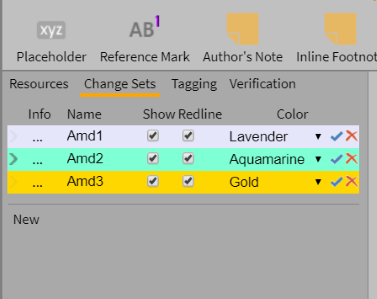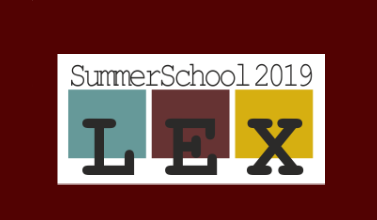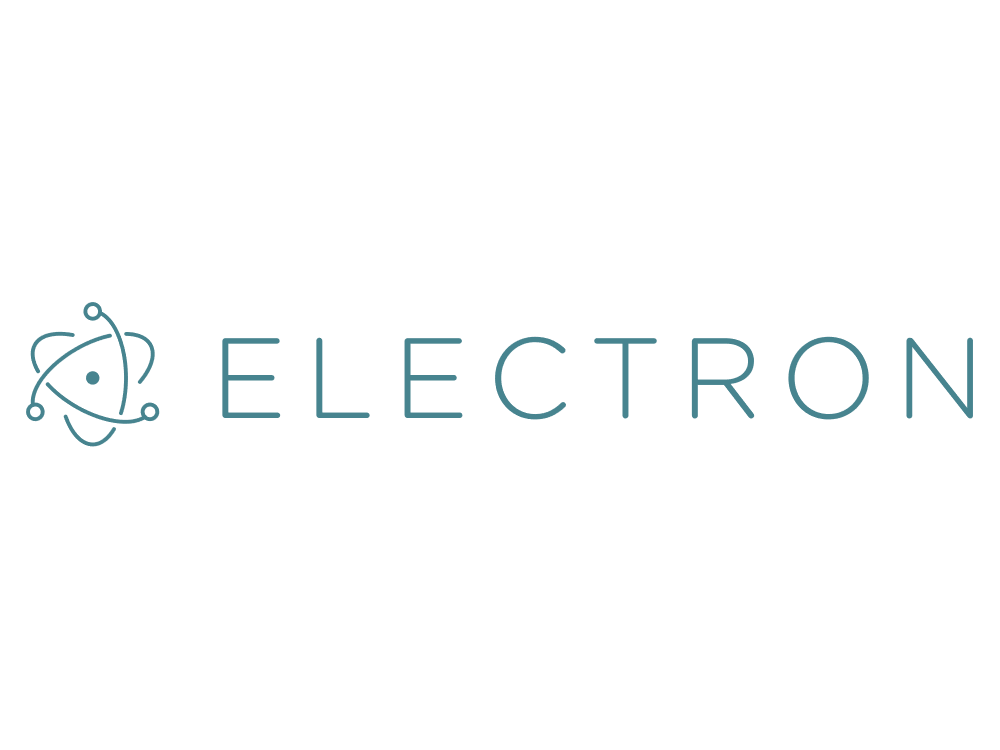This past week was a very interesting week for me. I attended the meeting “Achieving Greater Transparency in Legislatures through the Use of Open Document Standards” at the U.S. House of Representatives in Washington DC. The meeting was sponsored by the United Nations, the Inter-Parliamentary Union, and the U.S. House of Representatives.
For me it was a valuable opportunity to meet with colleagues I had already met in my travels in recent years, to meet with people I knew of but had never met, and to meet people I had corresponded with only through email. Particularly special for me was to finally meet Tim Arnold-Moore. It was by reading his thesis on “Information Systems for Legislation” back in 2001 that I became aware of the field of legal informatics.
It was quite fascinating to see the different ways in which different countries were approaching transparency. As one would expect, the American approach is a bit heavy-handed with a focus on providing access to existing documentation. It seems that the real innovation is coming from smaller or younger countries that are less encumbered by the top-down bureaucracy that tends to squash out more cost-effective innovation.
Two systems caught my attention in particular:
- The first was the system put in place by the Brazilian Chamber of Deputies. More than merely providing their citizens with visibility to the workings of their government, this system focused on ensuring two way interaction between citizens and their elected representatives – even going so far as to allow citizens to express their viewpoints by way of YouTube-style video clips.
- The other system to get my attention, of course, was Bungeni. This is an open source Legislative Information System developed in Nairobi, Kenya for use in the parliaments of Africa (and elsewhere in the future). It is based on the Open Office word processor, but does the most credible job of turning a word processor into an XML editor that I have seen so far. Of course, it works with Akoma Ntoso which was developed alongside it.
Speaking of Akoma Ntoso, it came up plenty of times during the conference. Monica Palmirani and Fabio Vitali from the University of Bologna in Italy presented various aspects of the XML Schema. On Tuesday the OASIS LegalDocumentML TC was opened to drive it towards being an international standard. You can read about it here.
On the Thursday after the meeting wrapped up, Knowledge as Power held a class on Legislative XML at the National Democratic Institute. I presented the work I had done on Legix.info including the transform of the U.S. Code into Akoma Ntoso.
All in all, the four days I spent in Washington D.C. were very worthwhile. Hopefully the outcome of that meeting will be better cooperation in the field of legal informatics. Clearly, after a dozen or so years of experience with XML, the time has come to start moving beyond the tentative first steps which have defined this field towards open standards and the benefits that come when everyone works towards common goals.



